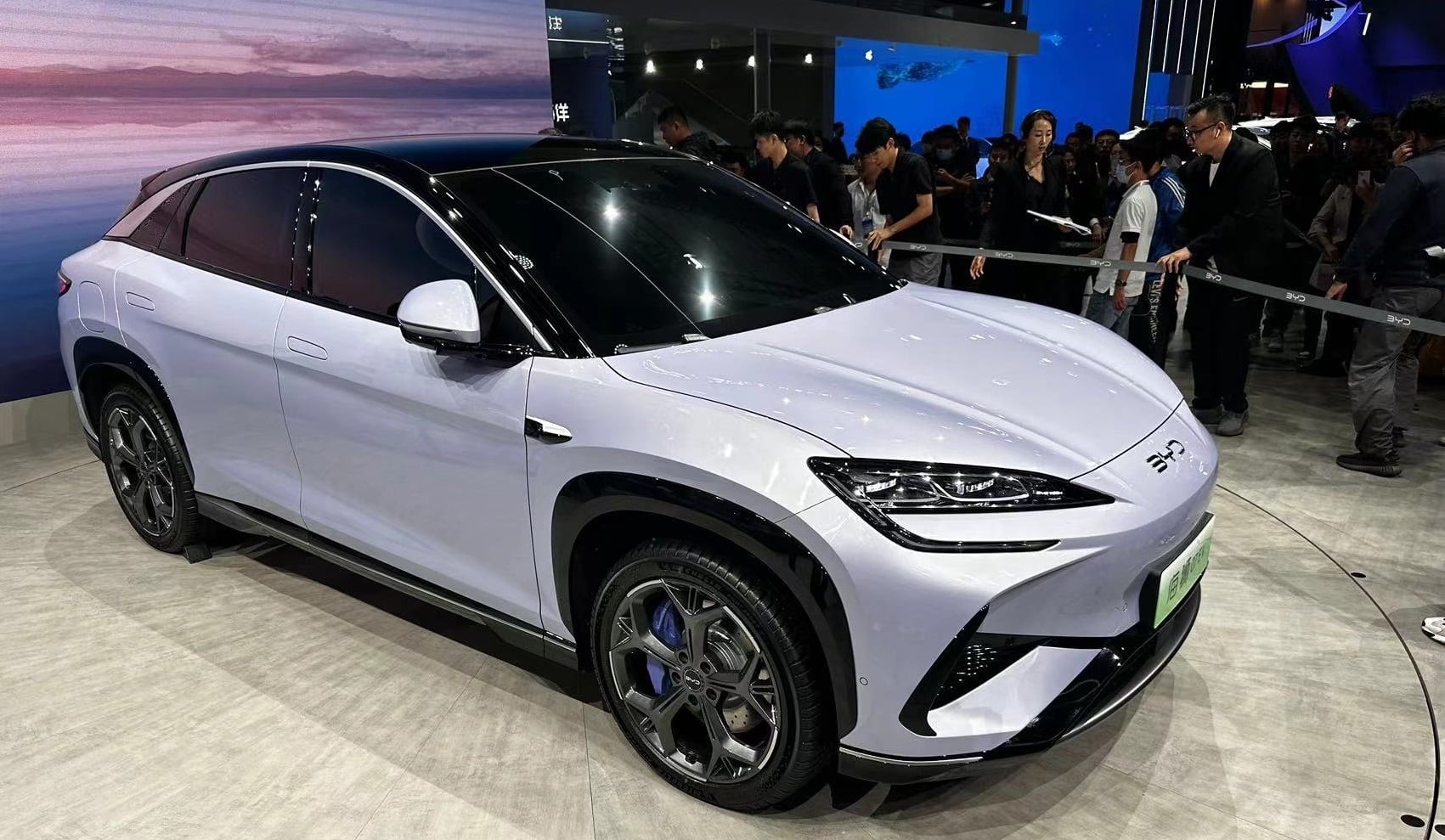
Electric vehicle startup Fisker filed for bankruptcy protection in the United States (U.S.) after months of quality issues with its Ocean crossover, a failed attempt to partner with a major automaker and hundreds of millions of dollars in losses.
The company’s operating unit, Fisker Group, filed for Chapter 11 bankruptcy in Delaware on June 17, listing estimated assets of $500 million to $1 billion and liabilities between $100 million and $500 million.
Fisker’s estimated number of creditors are 200 to 999, according to the court filing. The filing protects Fisker from creditors while it works out a plan to repay them.
“Like other companies in the electric vehicle industry, we have faced various market and macroeconomic headwinds that have impacted our ability to operate efficiently,” Fisker said in a statement.
“After evaluating all options for our business, we determined that proceeding with a sale of our assets under Chapter 11 is the most viable path forward for the company,” Fisker said.
The company said it would take the customary motions with the bankruptcy court to ensure that its reduced operations are able to continue, including paying its employees, preserving certain customer programs and compensating some vendors.
Fisker said that its previous manufacturing pause would remain in place.
Search for options
Media had reported that Nissan was in advanced talks to invest in Fisker in a deal that would provide the Japanese automaker with access to Fisker’s Alaska electric pickup.
The company flagged doubts about its ability to remain in business in February and had paused investments in future projects until it secured an auto partnership.
Fisker also said it would cut its workforce by about 15 per cent amid struggles to sell its Ocean EVs.
MAGNA STEYR
Fisker founder Henrik Fisker inspects one of the earliest Fisker Oceans to roll off the assembly line at Magna-Steyr’s plant in Graz, Austria.
Fisker built over 10,000 vehicles in 2023 at the contract manufacturer Magna Steyr in Austria – less than a quarter of its initial forecast – and delivered only about 4,700. Production of the Ocean was paused in March.
Magna said in May it expected a $400 million revenue loss this year because of Fisker’s production halt. It also cut 500 jobs in the Graz plant.
Last month, the U.S. auto safety regulator opened a preliminary probe into some Ocean EVs made by Fisker in 2023, adding to the automaker’s woes as the cars were already under investigation by the National Highway Traffic Safety Administration (NHTSA) for three prior incidents.
Tight access to capital in a high interest rate economy, costs associated with marketing and distributing its vehicles and slower-than-expected EV demand dragged the company’s cash reserves lower.







